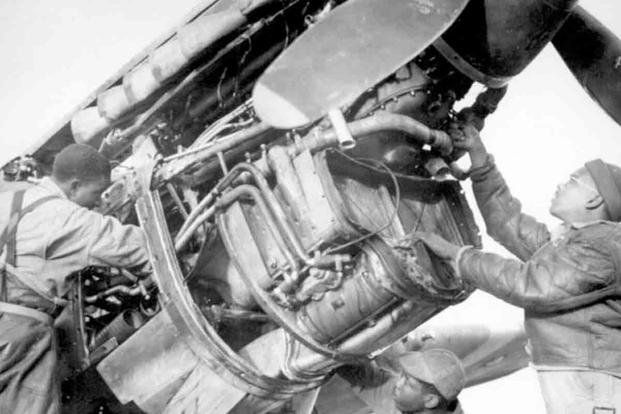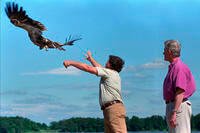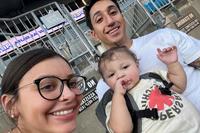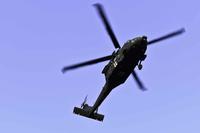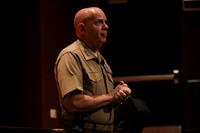OVIEDO, Fla. (AP) — Raymond Cassagnol, a Haitian pilot and a member of the Tuskegee Airmen, the famed group of Black military aviators during World War II, has died. He was 102.
Cassagnol died June 24 at his home in Florida, according his daughter, Dominique Cassagnol Ballacchino.
Cassagnol was one of three Haitian servicemen initially selected to join an experimental program in Tuskegee, Alabama, for Black soldiers seeking to train as pilots after the Army Air Corps was forced to admit Black Americans.
The Haitian serviceman wrote in his memoir that he was shocked by the prejudice he encountered in the American South and opted to stay close to the training field.
“During that time, color prejudice was in full swing, and even the church did not escape segregation: Whites in the front, blacks in the back. Nevertheless, the choir members were blacks, and the soprano was applauded at the end of Mass. This is why I was careful not to frequent places where I could be humiliated,” he wrote in “Memoires d’un Revolutionnaire.”
Cassagnol graduated from the Tuskegee program and received his pilot wings on July 28, 1943. He returned to Haiti and flew missions for his country, patrolling for submarines.
A revolutionary who opposed the brutal Duvalier dictatorship, Cassagnol later immigrated to the United States in 1960s to keep his family safe.
“I fought all the dictators,” he told the Orlando-Sentinel in 2000 of his service during and after World War II.
Ballacchino said her father was courageous and dedicated to his family and the cause of Haiti.
“He never gave up. He never gave up. He was always a fighter,” Ballacchino said.
More than 900 men trained at Tuskegee from 1940 to 1946. The Tuskegee Airmen have been the subject of books, movies and documentaries highlighting their courage in the air and the discrimination they faced in the United States while fighting for freedom abroad.

